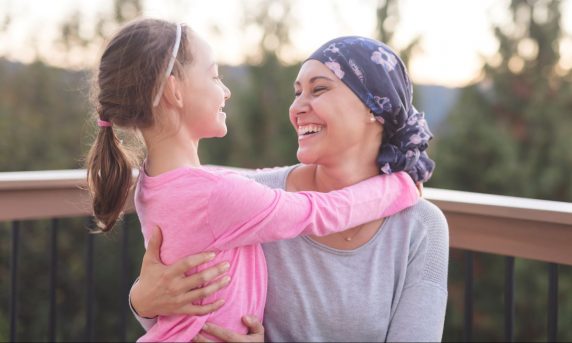The sun feels amazing on your face after a wet, dismal spring, but just a few moments of unprotected exposure can bring even more dismal consequences.
Dr. Girish Mohan, director of cosmetic and laser dermatology with Hartford HealthCare Dermatology, wants to remind people that protecting skin on the face and all exposed body parts is an important way to avoid skin cancer.
“Ultraviolet light has short-term and long-term effects on our skin,” he explained. “In the short term, we know we want to avoid sunburn. We know it’s not healthy for our skin and it’s painful as our skin peels off. Using sunscreen and sun-protective behaviors is good to avoid sunburn.”
While sunburn can be painful for days after a fun day at the beach, it also carries long-term effects that can be even worse. One in five Americans, Dr. Mohan noted, will develop skin cancer at some point in their lifetime as a result of overexposure to the sun’s harmful rays.
The best method of protecting your skin from cancer and skin aging, he continued, is to use sunscreen whenever you’re outdoors. This applies even if the weather is not perfectly sunny.
“Studies have shown that consistent use of sunscreen and sun-protective behavior will minimize the risk of skin cancer,” Dr. Mohan said. “It will also help minimize the signs of skin aging like wrinkles, sun spots and sagging skin. Some people don’t realize that the repeated exposure to ultraviolet light and sun contributes to that.”
Looking at the shelves full of sunscreen options may be confusing. Dr. Mohan said that your best sunscreen choices should be:
- Broad spectrum. This is the indication the product will protect you against dangerous UVA and UVB light.
- SPF 30 or higher. This, he said, is the recommendation of the American Academy of Dermatology in order to block 97 percent of the sun’s ultraviolet rays.
- Water resistant. This will continue to protect you when you go into the pool or ocean.
Once you’ve got your products, Dr. Mohan said to apply an ample amount of sunscreen before you go outside, and then remember to reapply throughout the day.
Inside, check your skin regularly for anything that looks suspicious.
“As we get wiser and we celebrate more birthdays, things pop up on our skin and it’s important for you to keep an eye on things,” Dr. Mohan said.
He suggested following what he called the “ABCDs” of skin cancer.
Look to see if a spot is:
- Asymmetrical.
- Has an irregular border.
- Colored irregularly.
- More than 6 millimeters in diameter, or about the size of a pencil eraser.
Early detection of skin cancer is important. If you are concerned, click here for a consultation with a board-certified dermatologist.
For information about melanoma and skin cancer treatment at the Hartford HealthCare Cancer Institute, click here.
Need to see your doctor? New Patient? For more information about Hartford HealthCare virtual health visits, click here.
Click here to schedule a virtual visit with a Hartford HealthCare-GoHealth Urgent care doctor. Find out more about COVID-19 antibody tests here.
Sign up for our “Coping with COVID” podcast series here.
Stay with Hartford HealthCare for everything you need to know about the coronavirus threat. Click here for information updated daily.
Questions? Call our 24-hour hotline (860.972.8100 or, toll-free, 833.621.0600).
Get text alerts by texting 31996 with COVID19 in the message field.


